Meselech Tube tends a three hectare farm in Bensa, Sidama called Shanteweyne Farm. Like many in Ethiopia, the farm is a family business, and today three of Meselech's adult children assist in its daily operation.
The farm is planted with three of the heirloom varieties cataloged by the Jimma Agricultural Research Center in the 1970s which are intercropped with enset, banana, avocado, mango, and timber trees. Meselech harvests her coffee from November to January, then dries her coffee on the farm using raised beds under direct sunlight.
Informed fans of Ethiopian coffee might recognize that this level of traceability—coffee sourced to an individual farmer and a single, small tract of land—is novel as of the last few years. From 2008 to 2016 Ethiopia's coffee sector was centrally organized by the Ethiopia Commodity Exchange. The objective of the ECX was to homogenize coffees into regional "brands" that consumers would recognize—Yirgacheffe, Sidamo, Harrar, Limu, and so on. All coffee destined for export was required to pass through the exchange where it was bundled into 30 bag contracts (for context, about five times the size of this purchase).
If you were a specialty coffee buyer wanting to buy something more traceable, you needed somebody present in Addis Ababa who could sell coffee into the exchange, then attempt to buy the same coffee back—an orchestration that required you to discreetly mark or tag the bags and try to guess at the end which were yours. The scale of it might allow you to get something traceable to a single washing station—which would still represent hundreds or even thousands of farmers and their collective production.
In 2017 the Ethiopian government took steps to deregulate its coffee sector by allowing washing stations, dry mills, and farms above a certain size to export coffee directly, bypassing the ECX. As a result it became far easier and more secure to purchase from specific washing stations, especially on a repeated basis. What followed is that small-scale, quality-oriented farmers also found a new path to market if they could manage to also process their coffee individually.
We sourced Meselech's coffee through Sucafina Specialty and Lulo Coffee. One of Lulo's functions is to identify individual, small-scale farmers who might meet the requirements to self-export, but require further assistance with financing, logistics, and sales. This is the first coffee we have purchased through Lulo and we're excited by the potential to work with them more in future years.
The farm is planted with three of the heirloom varieties cataloged by the Jimma Agricultural Research Center in the 1970s which are intercropped with enset, banana, avocado, mango, and timber trees. Meselech harvests her coffee from November to January, then dries her coffee on the farm using raised beds under direct sunlight.
Informed fans of Ethiopian coffee might recognize that this level of traceability—coffee sourced to an individual farmer and a single, small tract of land—is novel as of the last few years. From 2008 to 2016 Ethiopia's coffee sector was centrally organized by the Ethiopia Commodity Exchange. The objective of the ECX was to homogenize coffees into regional "brands" that consumers would recognize—Yirgacheffe, Sidamo, Harrar, Limu, and so on. All coffee destined for export was required to pass through the exchange where it was bundled into 30 bag contracts (for context, about five times the size of this purchase).
If you were a specialty coffee buyer wanting to buy something more traceable, you needed somebody present in Addis Ababa who could sell coffee into the exchange, then attempt to buy the same coffee back—an orchestration that required you to discreetly mark or tag the bags and try to guess at the end which were yours. The scale of it might allow you to get something traceable to a single washing station—which would still represent hundreds or even thousands of farmers and their collective production.
In 2017 the Ethiopian government took steps to deregulate its coffee sector by allowing washing stations, dry mills, and farms above a certain size to export coffee directly, bypassing the ECX. As a result it became far easier and more secure to purchase from specific washing stations, especially on a repeated basis. What followed is that small-scale, quality-oriented farmers also found a new path to market if they could manage to also process their coffee individually.
We sourced Meselech's coffee through Sucafina Specialty and Lulo Coffee. One of Lulo's functions is to identify individual, small-scale farmers who might meet the requirements to self-export, but require further assistance with financing, logistics, and sales. This is the first coffee we have purchased through Lulo and we're excited by the potential to work with them more in future years.
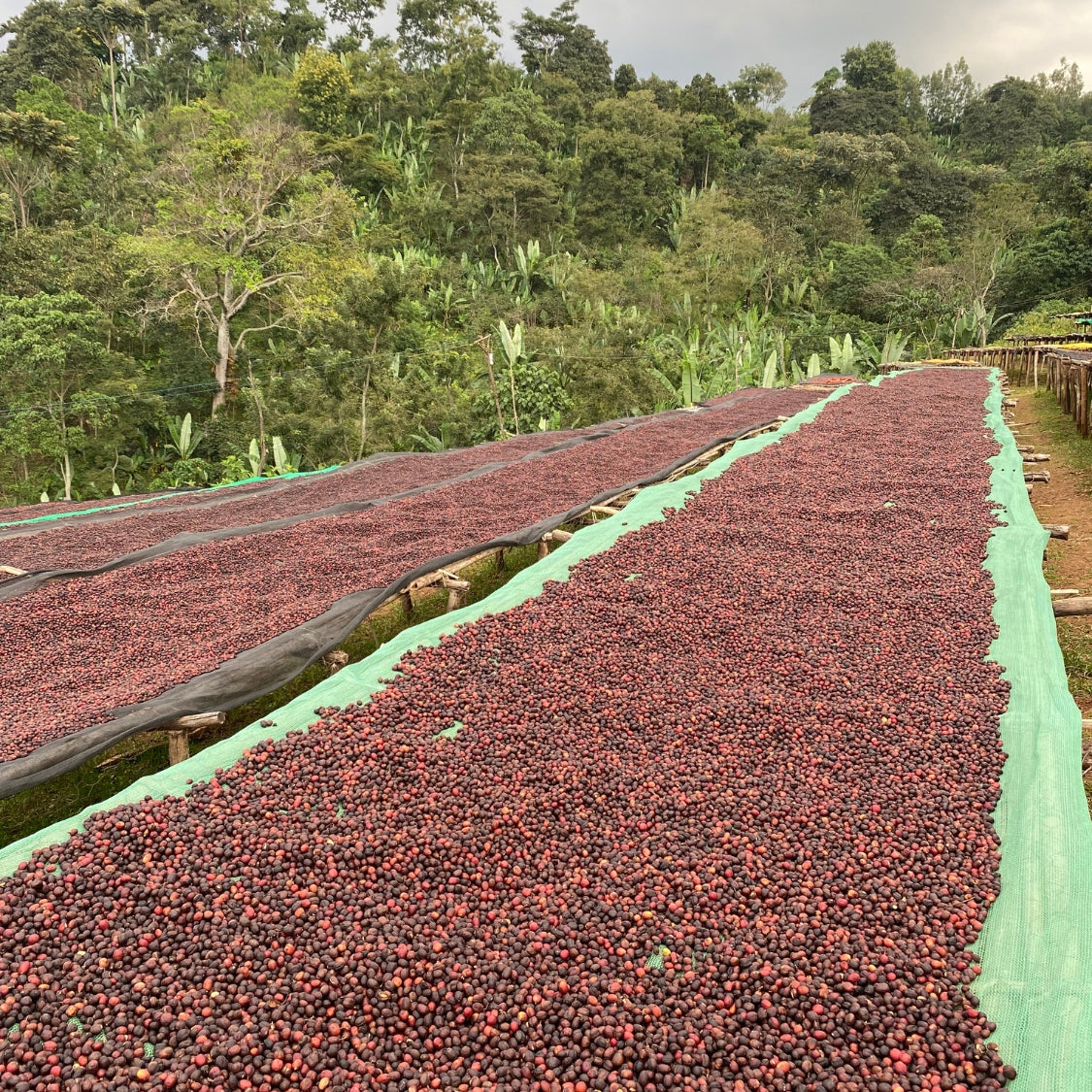
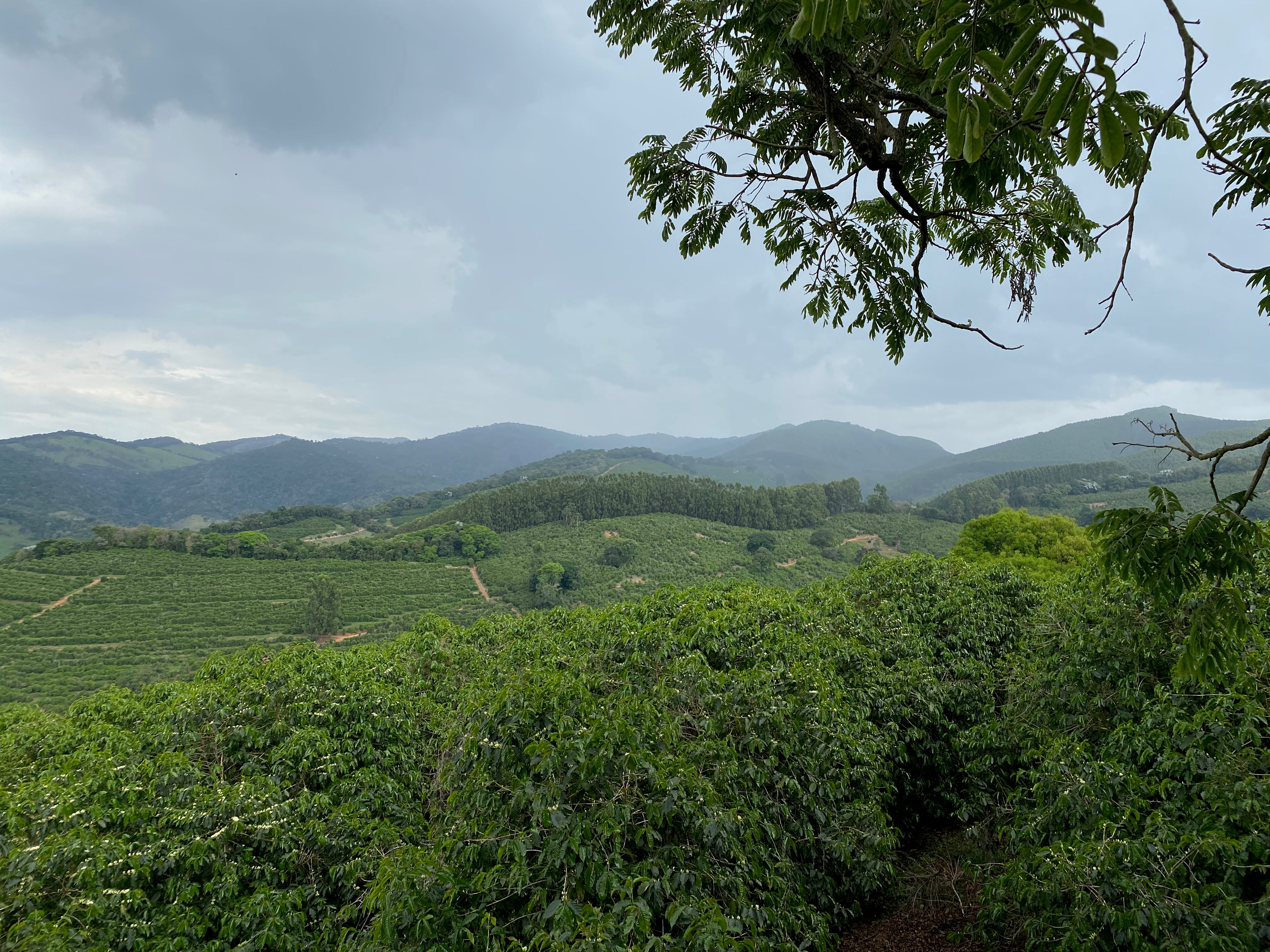
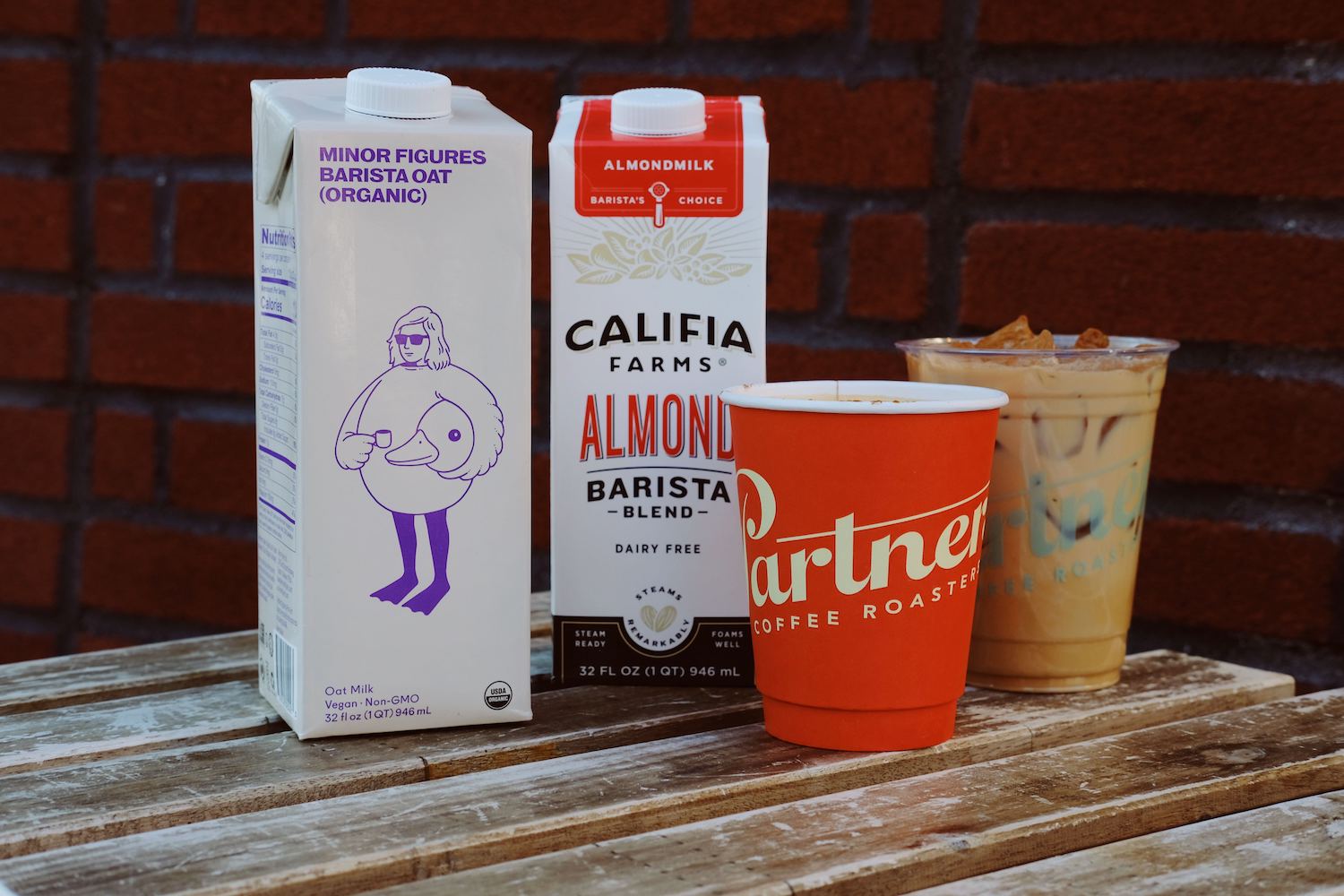

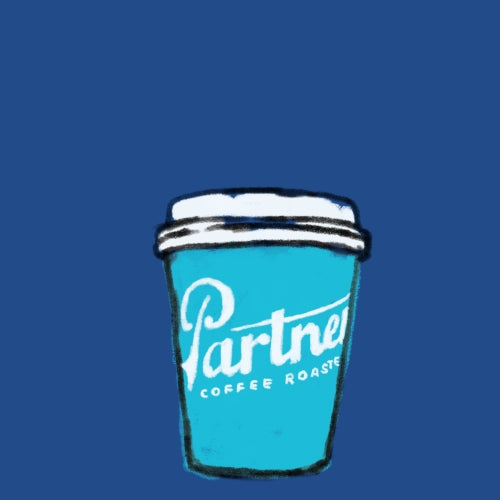
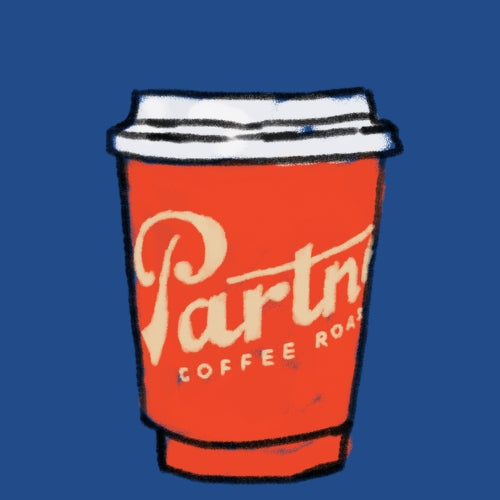

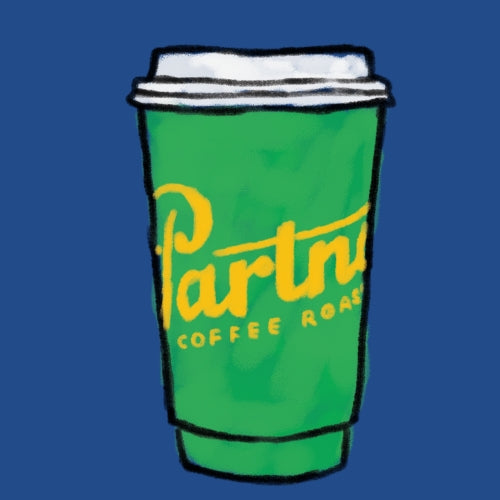
Leave a comment
This site is protected by hCaptcha and the hCaptcha Privacy Policy and Terms of Service apply.